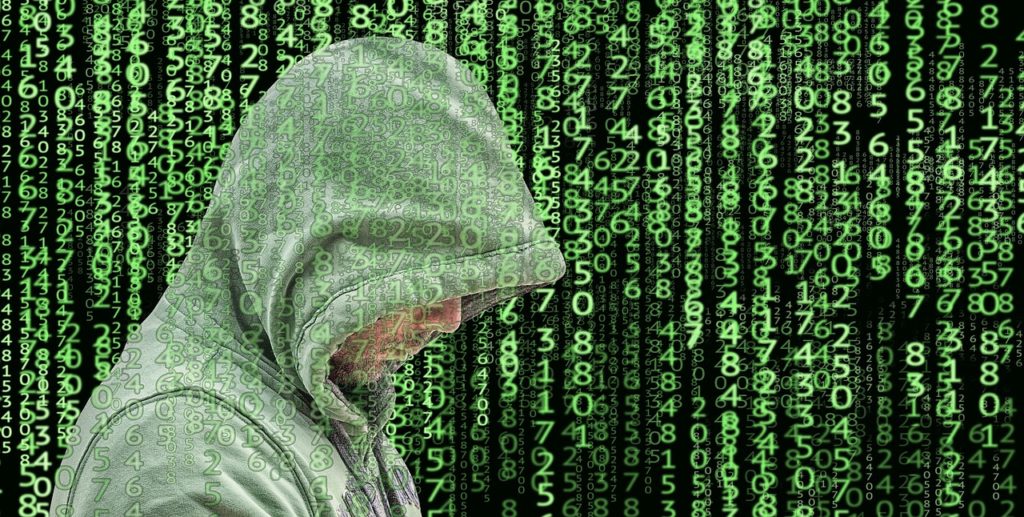- Swing and a miss for torpedo bat trademark application? - April 23, 2025
- Copyright lawsuit could create new licensing option for media industry - January 29, 2025
- Trademark law is not intended to stifle competition - November 14, 2024
By LegalMatters Staff • An Ontario Court of Justice ruling ordering anonymous online posters to pay damages for defamatory statements made on an internet chat forum will help in the battle against online piracy, says Toronto intellectual property lawyer John Simpson.
Simpson, principal of IP and new media law boutique Shift Law, says the judgment opens up a new avenue for clients seeking justice against those who violate intellectual property rights.
“It has a direct application. This case shows a new, more cost-effective way of pursuing unidentified infringers,” he tells LegalMattersCanada.ca. “It opens up a strategy that I can recommend as an option to clients, which is always a good thing.”
Last month Justice Frederick L. Myers ordered 12 anonymous posters to pay damages and court costs for defamatory comments made on a website chat forum.
‘Their cowardice is reprehensible’
“If people want to make hurtful statements about others and then try to hide from the responsibility to prove the truth or other justification for doing so, then … their cowardice is reprehensible and, in my view, they should bear costs on a substantial indemnity basis,” Myers writes.
In the ruling, the court awards general damages ranging from $7,500 to $35,000 against each of the 12 and orders them to pay $60,000 in legal costs. Only one defendant responded to the suit and his case is ongoing. The others are noted in default.
“How the plaintiffs will go about amending the title of proceedings for enforcement purposes once they identify one or more of the defendants is not before me,” writes Myers. “I make no findings about how any judgment is to be enforced against a person who is currently identified only by a pseudonym.”
The decision provides “another tool” for battling intellectual property violations, Simpon says.
New enforcement strategy
“It definitely adds a potentially new enforcement strategy,” he says. “It’s not just that we can file a lawsuit against an unidentified person but we can actually get a judgment on them.”
Simpson says online piracy “is becoming a bigger and bigger problem where individuals or companies sell products through different platforms and hide behind various layers on the internet.”
“At the end of the day it can make it very difficult to determine who to sue,” he says. “There are some ways to go about that but they can be very expensive.”
It can be costly to hire investigators “with sophisticated software to identify internet protocol addresses,” Simpson notes. Even then, a court order is necessary to compel internet service providers to disclose who’s behind the addresses. He explains there is also the problem of proving the person who owns the address is the one responsible for the piracy.
‘Real challenges identifying infringers’
“Sometimes it’s not a given. There are some real challenges to identifying the infringers,” Simpson says. “It can be difficult to get those court orders even if you have the money because courts, especially the federal court, are increasingly concerned about privacy rights.”
He says unidentified infringers can be people who download music or movies, sell counterfeit goods or those selling patented products without a licence.
“It’s becoming an issue for IP owners. It’s happening more because there are more ways every day for people to operate commercially and clandestinely on the internet,” Simpson says.
While having the ability to win a judgment against an unknown infringer opens up more options, it is not a guaranteed avenue, he notes
“You can get a judgment as long as you can convince a court that your statement of claim came to the infringer’s attention,” Simpson says.
Notice of claim
Ordinarily, you must hand the person you are suing a notice of claim, he says.
“It has to be personal so you know they’ve got it,” Simpson says. “But if that’s really difficult – if you have evidence the individual is going out of their way to make it hard for you to serve them – you can seek leave from the court for an alternative to personal service.”
In the case of the anonymous online posters, the court allowed the claims to be sent to the email addresses used to post the comments. That saved the expense of identifying the posters. Ultimately the case ended with a default judgment against the posters and while it may prove difficult to collect the damages, getting that judgment is still a victory, Simpson says.
“Just having that judgment can be very effective in going after other unidentified defendants,” he says. “I have successfully enforced my client’s intellectual property rights against others. I have obtained a court’s endorsement of those rights. It is very helpful for an intellectual property owner whose rights have been infringed on the internet to have a record of successful litigation victories in enforcing those rights in the future.”

